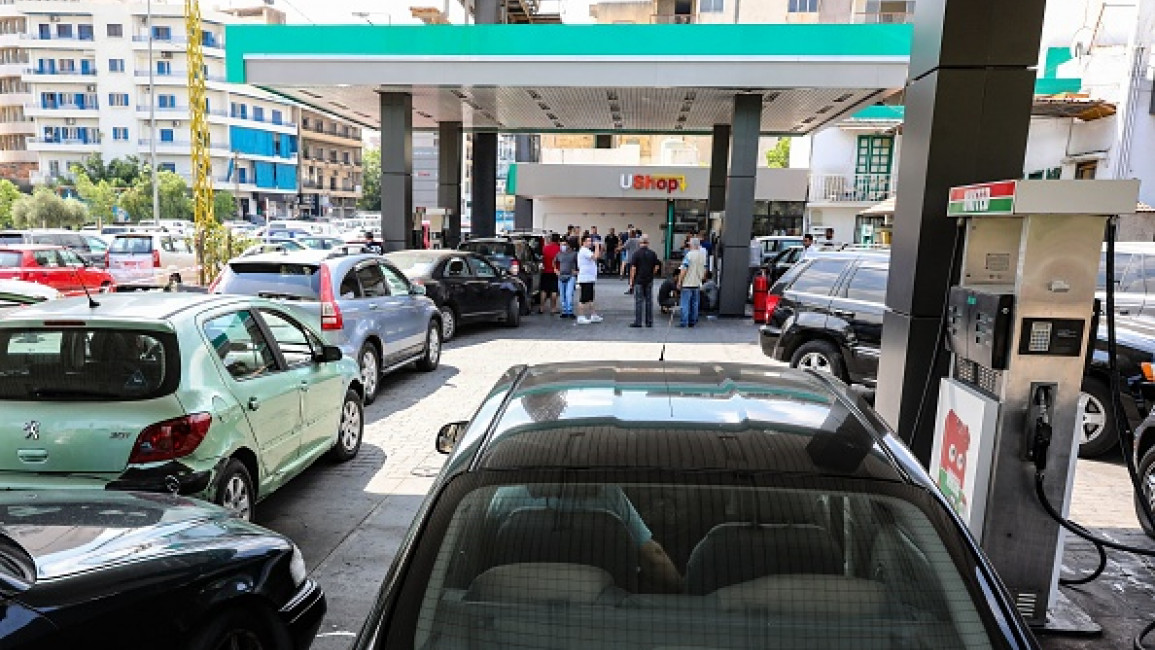
by New Arab Staff — US senators who visited Lebanon’s capital Beirut this week warned of potential sanction violations if the country receives fuel from Iran, as Lebanon continues to suffer from a devastating energy crisis. The four Democratic senators said that accepting supplies from Iran could have “severely damaging consequences”. Three Iranian fuel tankers are set for Lebanon reported by TankerTrackers.com, an oil export tracker. The deal between Iran and Lebanon is deemed controversial and was organised last month by Hezbollah, a powerful political force in Lebanon and a US-designated terrorist group. Although Raymond Ghajar, Lebanese Energy Minister told Reuters on Wednesday that the government had not received a request for permission from Hezbollah to import fuel. “We do not have information. Permission was not requested from us. This is all I am saying,” Ghajar said.
The US said it is in talks with the World Bank, Egypt and Jordan to form a solution to Lebanon’s energy crisis and possibly transit electricity through the Syrian grid, which Ghajar’s administration confirmed was a plan in motion. Concerns made from the US have sparked the United Nations to allocate $10 million in humanitarian aid to enable Lebanon to purchase urgent fuel to power hospitals and water stations. Martin Griffiths, UN humanitarian chief tweeted on Wednesday during a visit to Beirut: “Lebanon faces profound uncertainty. The humanitarian community, though, is resolved to assist all vulnerable populations, whether Lebanese, refugees or migrants.” Reuters reported on Thursday that the first Iranian fuel oil cargo will be delivered via Syria by truck to avoid complications related to sanctions, according to sources with knowledge on the matter. “Choosing to receive the vessel via Syria is not related to any fear of targeting by Israel or the US but is due to internal considerations related to not wanting to implicate any allies,” a source told Reuters.
Israel has been involved in a proxy conflict with Iran and Hezbollah where Israel has allegedly attacked Iranian tankers and conducted frequent airstrikes on Hezbollah positions in Syria. Lebanon is gripped by one of the world’s worst economic crises since the 1850s, according to the World Bank, and is struggling with shortages of fuel and other necessities, amid a black market plunge in the local currency of more than 90 percent.



